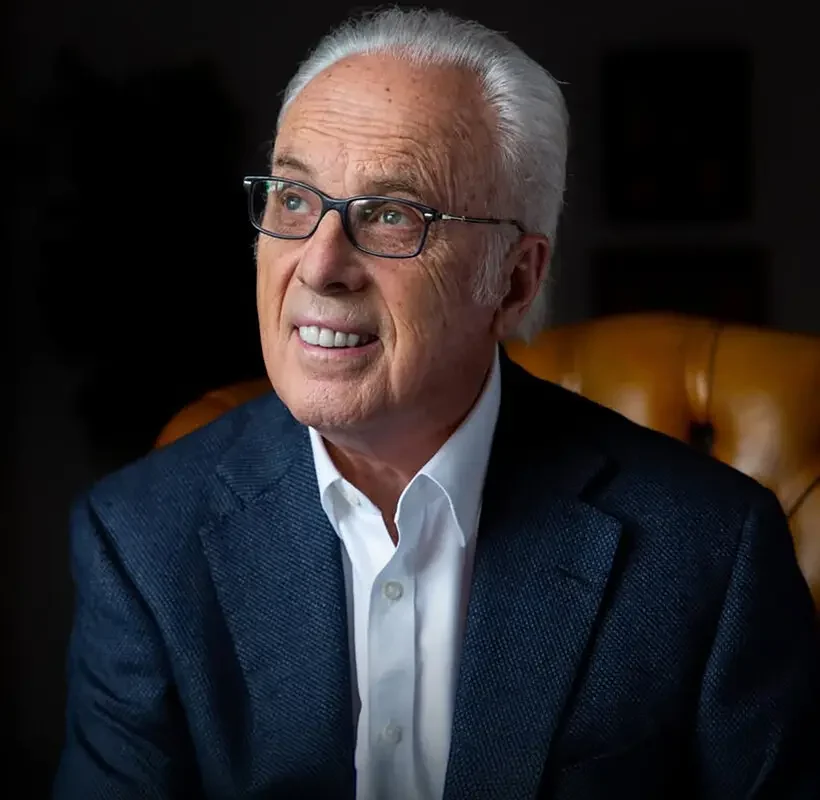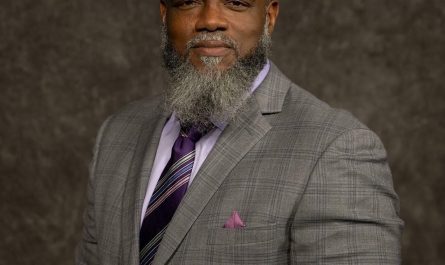By Joe Mwita Thwagi
Many [movies] are not just non-Christian, they are anti-Christian. I don’t mean that they openly attack the Christian faith. But at least in some cases they might as well. They employ filthy language and lewd humor (Colossians 3:8; Titus 2:6-8); they glorify violence rather than peace (Titus 1:7; 1 John 4:7-8); they glamorize lust and immorality rather than holiness (1 Thessalonians 4:3-5; 1 Peter 1:16); they instill feelings of discontentment and desire rather than thankfulness (Ephesians 5:20; 1 Timothy 6:6); and they promote worldviews that are antithetical to biblical Christianity (2 Corinthians 10:5). Does that mean a Christian should never watch movies? Not necessarily. But we must be discerning about the things we allow into our minds. We are called to renew our minds. When we continually fill our minds with the filth of this world, we do ourselves a great spiritual disservice. ” – John MacArthur, Right Thinking in a World Gone Wrong, Grace Community Church, 2009, p. 25.
On Monday the 14th of July, the Lord called home His faithful servant, Pastor John Fullerton MacArthur. Every generation in Church history has been graced with men whom the Lord raises up to declare His word with clarity, conviction and courage. For our generation, John MacArthur was one of those men. He was, as someone aptly calls him, a lion in the pulpit and a voice of Biblical reason amidst the theological chaos of our age.
This man has had a great theological impact on me personally, and I know that my testimony echoes that of countless others across the world. Though I never met him in person, I knew him through the pulpit he filled faithfully at Grace Community Church, for over five decades, through the blessing of modern technology: YouTube sermons, Facebook shorts, Grace to You podcasts, books, articles, and the Shepherds’ Conference. He was a good example of churchmanship – being a member of a local church and being content to remain in it as much as possible.
Through these online means, I came to see that MacArthur was, first and foremost, a man wholly committed to the gospel of Jesus Christ. He believed in the sufficiency, authority and inerrancy of Scripture with unwavering resolve. His life was about preaching the Bible and exalting the Christ of the Bible. In an age where preaching was diluted with therapeutic and moralistic messages, MacArthur stood firm, unashamed of the gospel. “Because the Bible is God’s inerrant, authoritative, sufficient, and sole source of His divine word of truth, every other truth rests on that truth. It is not that the inerrancy of Scripture is a more important truth than, say, the deity of Christ or the Trinity. But it is only from the truth of Scripture that we can know all other truths. God’s word of truth in Scripture is the source and measure not only of all spiritual and moral truth but of all truth of any sort on which it speaks.”– John MacArthur, 2 Timothy MacArthur New Testament Commentary, p.77.
I first stumbled across MacArthur’s preaching as a young Christian trying to understand the doctrines of grace. I had grown up in the church but surrounded by nominal Christianity. I was weary of empty religion and powerless preaching. MacArthur’s preaching was different. It was expository. It was doctrinal. It was unapologetically Christ-centered. It was a feast for a starving soul. I learned from him what it meant to “preach the Word” (2 Timothy 4:2). His legacy taught me to open the Bible, stay in the text, and never swerve into pragmatism, emotionalism or doctrinal compromise. This was especially so with the famous “Strange Fire” Conference, and especially how he stood firm against his friend, John Piper (who is another that I benefited from).
His legacy taught me to open the Bible, stay in the text, and never swerve into pragmatism, emotionalism, or doctrinal compromise.
Through his voice, I learned not only what the gospel is, but what it isn’t. He proclaimed the sovereign grace of God with such clarity that the beauty of the doctrines of grace became, for me, a source of awe and comfort. And while he and I differed in our eschatology — he being a leaky dispensational while I hold to amillennialism — I have never doubted his deep reverence for Scripture and the Lordship of Christ. Indeed, if disagreements there must be, let them be among brothers who hold the same Christ, the same cross, the same glorious gospel.
I admired his courage when it was not popular to be courageous. He feared God more than man. As a fellow pastor, when I listen to his sermons, I have often wondered, “Do I preach with such clarity? Do I revere God’s word like this man?” I pray that I can be as bold, clear and faithful to God as he has been.
Now, John MacArthur has finished the race. He has kept the faith. And he now beholds the face of His Lord and Saviour Jesus Christ. What he long preached about in faith, he now sees in glory. He has joined the Church triumphant. I can almost imagine the warm reunion in the celestial courts – perhaps there is R. C. Sproul, his dear friend; there are the Puritans he so loved — men like Owen, Bunyan, Watson, Baxter; there are the martyrs he spoke of with reverence — men like Tyndale, Ridley, Latimer; and above them all, there is Jesus Christ, the One he exalted tirelessly from the pulpit of Grace Community Church, California. He is now in that place where “God will wipe away every tear from their eyes, and death shall be no more” (Revelation 21:4). He no longer preaches about the glory of Christ for he now sees it in full. No more need for faith; he has received the reward. No more need for warning or exhortation; his own sanctification is complete. What joy must fill his soul now, what rest for that man who labored so long and so faithfully.
But for those of us who remain, the baton is passed. The standard remains high. The charge still rings: “Preach the word; be ready in season and out of season” (2 Timothy 4:2). And I, a young pastor in Kenya, long that my ministry, however small, however humble, might reflect the same integrity, the same constancy, the same fidelity that characterized Pastor John MacArthur. He was not perfect but he was faithful. He was steadfast. He was courageous. He did not play to crowds; he served Christ. He did not chase trends; he anchored in truth. And for that, I am grateful beyond words.
May his legacy continue through every faithful pastor, every diligent expositor, every humble servant who dares to preach the Bible like he did. To the glory of God alone – Soli Deo Gloria.
Joe Mwita Thwagi pastors Upendo Gospel Community Church in Nairobi. This article was originally published on https://joethwagi.wordpress.com/



